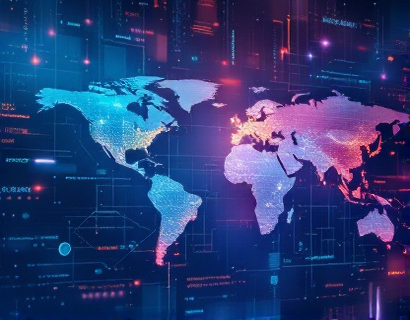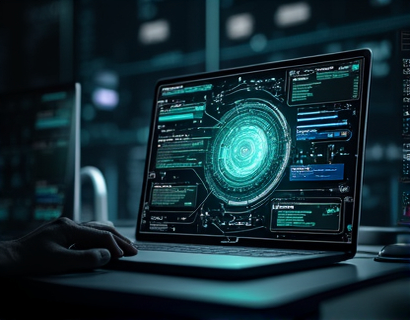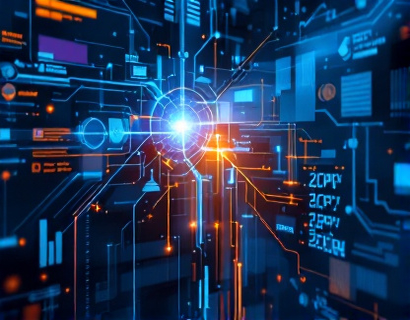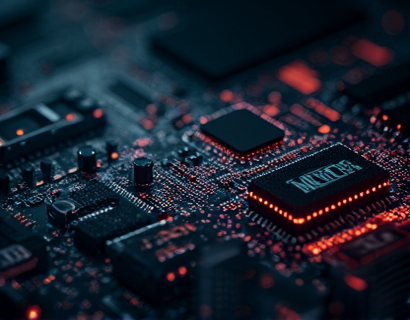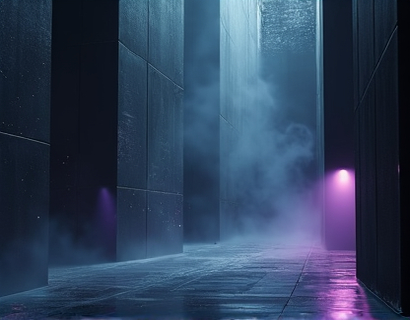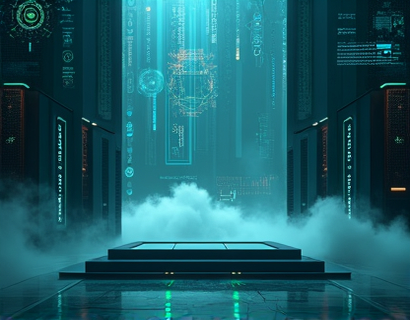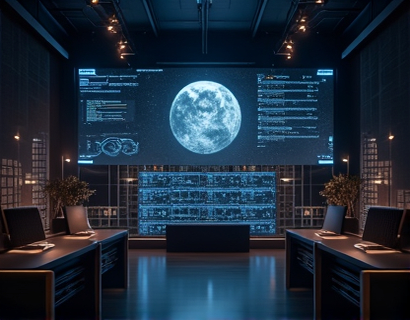Revolutionizing Memorial Creation: The Synergy of AI and Blockchain for Lasting Tributes
The process of creating memorials for loved ones has traditionally been a deeply personal and emotional endeavor. With advancements in technology, particularly the integration of Artificial Intelligence (AI) and blockchain, the creation of memorials is evolving into a more secure, personalized, and meaningful experience. This article delves into how these cutting-edge technologies are transforming the way we honor and remember our dear ones, offering a glimpse into the future of memorial creation.
The Need for Innovative Memorial Solutions
Bereaved families and individuals often seek ways to create lasting tributes that capture the essence of their loved ones. Traditional methods, such as physical monuments or digital platforms, have their limitations. Physical memorials can be costly and may not offer the level of personalization desired. Digital platforms, while more accessible, often lack robust security measures to protect the memories and data they hold. The integration of AI and blockchain addresses these concerns, providing a solution that is both secure and highly customizable.
AI in Memorial Creation
Artificial Intelligence plays a pivotal role in crafting personalized memorials. AI algorithms can analyze vast amounts of data, including photos, videos, messages, and personal stories, to create a comprehensive and nuanced tribute. This technology can identify key themes, emotions, and memories associated with the deceased, ensuring that the memorial reflects their unique personality and life experiences.
For instance, AI can curate a photo album that transitions smoothly from early childhood to adulthood, highlighting significant moments and milestones. It can also generate a timeline of important events, incorporating text, images, and audio recordings to create a rich, multimedia experience. Natural Language Processing (NLP) enables the AI to understand and incorporate the tone and style of the deceased’s communications, making the memorial feel more authentic and personal.
Blockchain for Security and Immutability
Blockchain technology offers unparalleled security and immutability, making it an ideal partner for memorial creation. By storing memorial data on a blockchain, the platform ensures that the memories and tributes are protected from unauthorized access and tampering. Each memorial is given a unique digital signature, ensuring its integrity and authenticity over time.
The decentralized nature of blockchain also means that the memorial is not controlled by a single entity, reducing the risk of data loss or censorship. Users can have full control over their memorials, deciding who can access and contribute to them. This level of control is particularly important for bereaved families who want to manage the memorial in a way that feels right for them.
Creating a Seamless User Experience
The platform combines AI and blockchain to provide a seamless and intuitive user experience. Upon signing up, users are guided through a simple setup process where they can upload memories, write messages, and add multimedia content. The AI engine works in the background, organizing and curating the content to create a cohesive and meaningful tribute.
Users can customize various aspects of the memorial, such as the layout, color scheme, and background music. The AI suggests personalized designs based on the content and preferences provided, ensuring that the final product is both beautiful and reflective of the deceased’s character. The platform also allows for collaborative contributions, enabling family and friends to add their own memories and tributes, fostering a sense of community and shared remembrance.
Ensuring Longevity and Accessibility
One of the key benefits of using AI and blockchain for memorial creation is the guarantee of longevity and accessibility. Traditional digital memorials can become obsolete as technology evolves, leading to broken links and inaccessible content. Blockchain’s inherent stability ensures that the memorial remains accessible for generations to come.
Moreover, the platform can integrate with various devices and platforms, ensuring that the memorial is easily viewable and shareable. Users can access their memorials from anywhere in the world, providing peace of mind and a constant connection to their loved ones. The blockchain-based storage also means that the data is replicated across multiple nodes, further enhancing its durability and availability.
Privacy and Ethical Considerations
Privacy is a paramount concern when dealing with personal and sensitive data. The platform employs advanced encryption techniques and strict access controls to ensure that only authorized individuals can view and interact with the memorial. Users have the option to set privacy levels, determining who can see and contribute to the memorial.
Ethical considerations are also at the forefront of the platform’s design. The AI and blockchain technologies are used responsibly, respecting the wishes and memories of the deceased and their loved ones. The platform avoids any form of data monetization, ensuring that the focus remains on honoring and remembering, rather than generating profit.
Case Studies and User Testimonials
Several users have already experienced the transformative power of this AI and blockchain-driven memorial creation platform. One user, who lost their spouse, shared how the platform helped them compile a comprehensive tribute that included everything from childhood photos to heartfelt letters. The AI’s ability to curate the content in a meaningful way provided a sense of closure and a lasting legacy for their partner.
Another user, a family with young children, appreciated the platform’s collaborative features. They could all contribute to the memorial, creating a collective memory that their children could grow up with. The blockchain’s security gave them peace of mind, knowing that their loved one’s memory would be preserved for years to come.
The Future of Memorial Creation
The integration of AI and blockchain in memorial creation is just the beginning. As these technologies continue to advance, the possibilities for enhancing the memorial experience are vast. Future developments may include augmented reality (AR) features, allowing users to visualize and interact with the memorial in new and immersive ways. AI could also become more sophisticated, offering deeper insights and personalized recommendations based on user interactions and preferences.
Moreover, the platform could expand its capabilities to include virtual reality (VR) experiences, enabling users to create virtual spaces where they can gather and remember their loved ones. The combination of AI, blockchain, AR, and VR has the potential to create truly immersive and emotionally resonant memorials, offering a new dimension to the act of remembrance.
Conclusion
The convergence of AI and blockchain technology is revolutionizing the way we create and preserve memorials. By providing a secure, personalized, and meaningful platform, this innovative approach honors the memories of the deceased while offering comfort and solace to those who grieve. As we move forward, the potential for further advancements in this field is immense, promising a future where memorials are not just tributes, but living, breathing legacies that continue to connect us to our loved ones.










